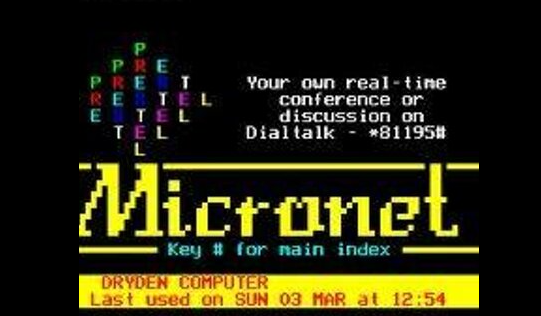-
Display sql being run by active Oracle sessions
Display sql being run by active Oracle sessions select sesion.sid, sql_text from v$sqltext sqltext, v$session sesion where sesion.sql_hash_value = sqltext.hash_value and sesion.sql_address = sqltext.address and sesion.username is not null order by sqltext.piece
-
I/O being performed by active SQL statements in Oracle
I/O being performed by active SQL statements in Oracle select sess_io.sid, sess_io.block_gets, sess_io.consistent_gets, sess_io.physical_reads, sess_io.block_changes, sess_io.consistent_changes from v$sess_io sess_io, v$session sesion where sesion.sid = sess_io.sid and sesion.username is not null whois domain name .
-
Listing active SQL being run in current Oracle session.
Listing active SQL being run in current Oracle session: select sesion.sid, sesion.username, optimizer_mode, hash_value, address, cpu_time, elapsed_time, sql_text from v$sqlarea sqlarea, v$session sesion where sesion.sql_hash_value = sqlarea.hash_value and sesion.sql_address = sqlarea.address and sesion.username is not null
-
Weblogic – Hardware Tuning Operating System Tuning
Hardware Tuning When you examine performance, a number of factors influence how much capacity a given hardware configuration will need in order to support WebLogic Server and a given application. The hardware capacity required to support your application depends on the specifics of the application and configuration. You should consider how each factor applies to…
-
Weblogic – Tune Your Application
Tune Your Application This section contains recommended application-specific tuning suggestions for performance improvement. EJBs Stateless session beans and MDBs (message-driven beans) — For maximum concurrency, the pool sizes should be at least as large as the thread count of the execute queue that handles requests to such beans. Use concurrency strategy. Experiment with EJB pool…
